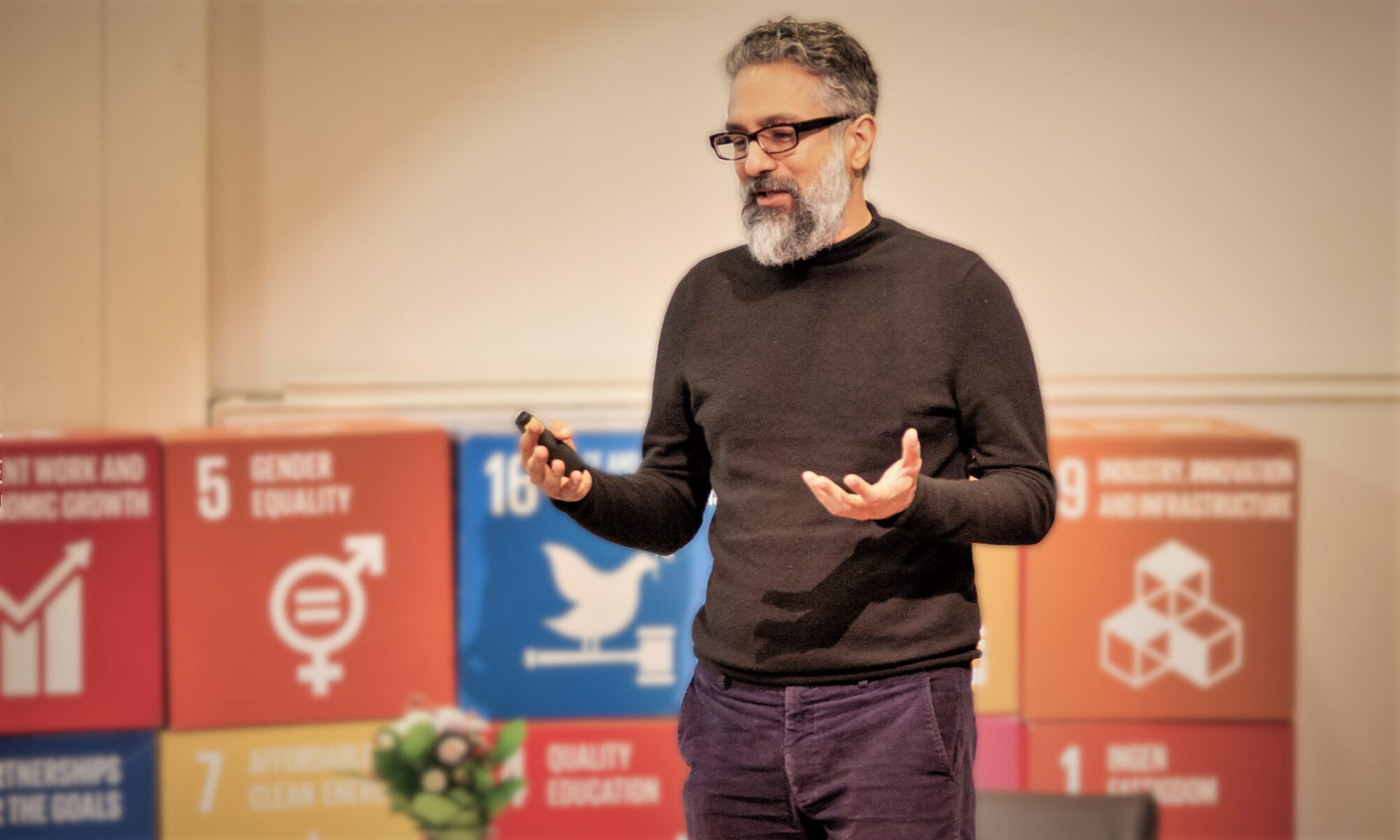Ankur Chavda is an Assistant Professor in the Strategy and Business Policy Group at HEC Paris. He studies the incentives for innovation within firms and has published in Strategy Science, as well as refereed for Management Science and Organisational Science.
Prior to entering academia, Ankur worked in the tech industry at startups in New York, London and Tokyo as well as at Microsoft in Seattle. He had a number of roles spanning ten years at Microsoft, the last one focused on strategy for the Windows organization. Outside of the tech industry, he was a “stagiaire” at the European Commission and a Fulbright scholar at the University of Iceland. Ankur received his PhD from the Massachusetts Institute of Technology.
